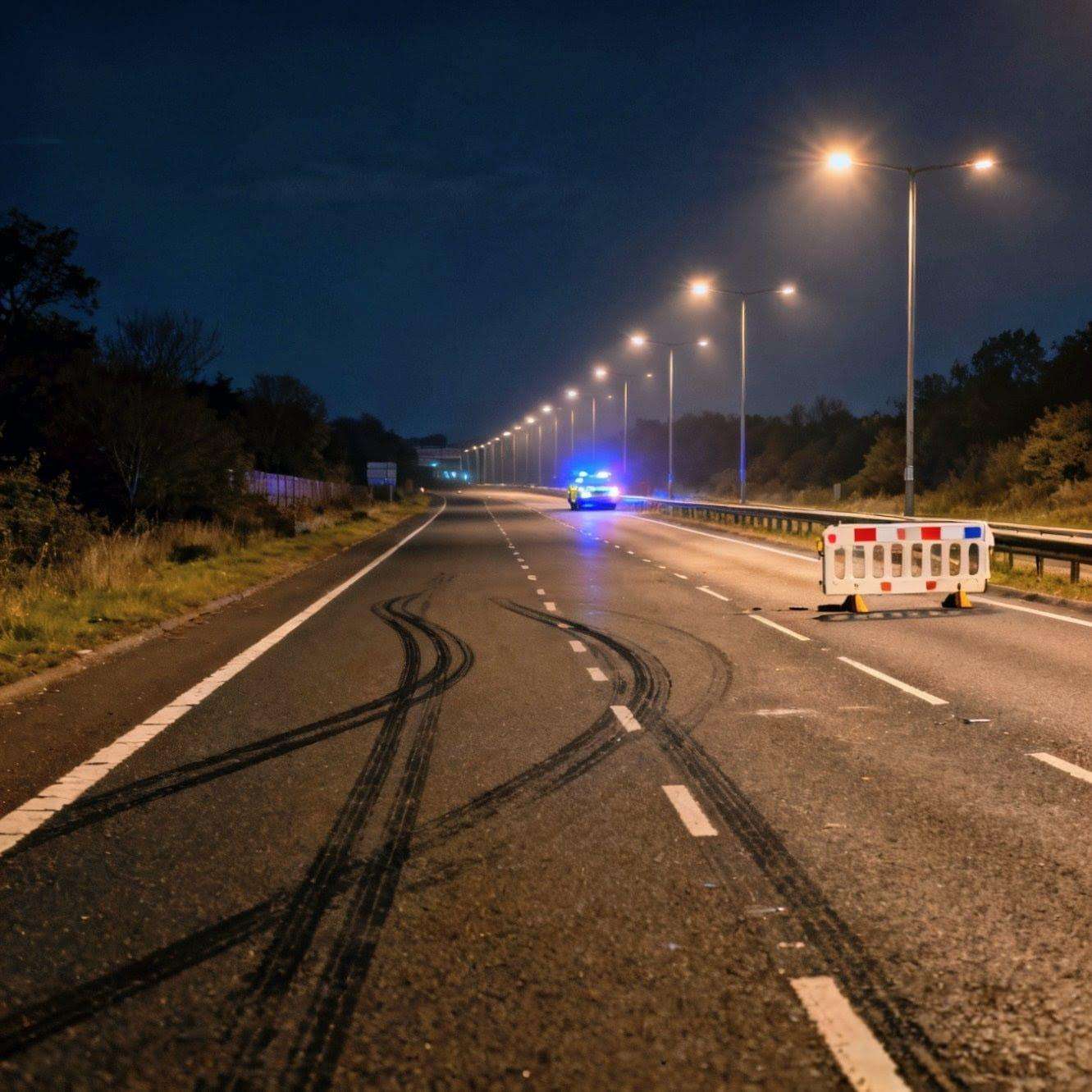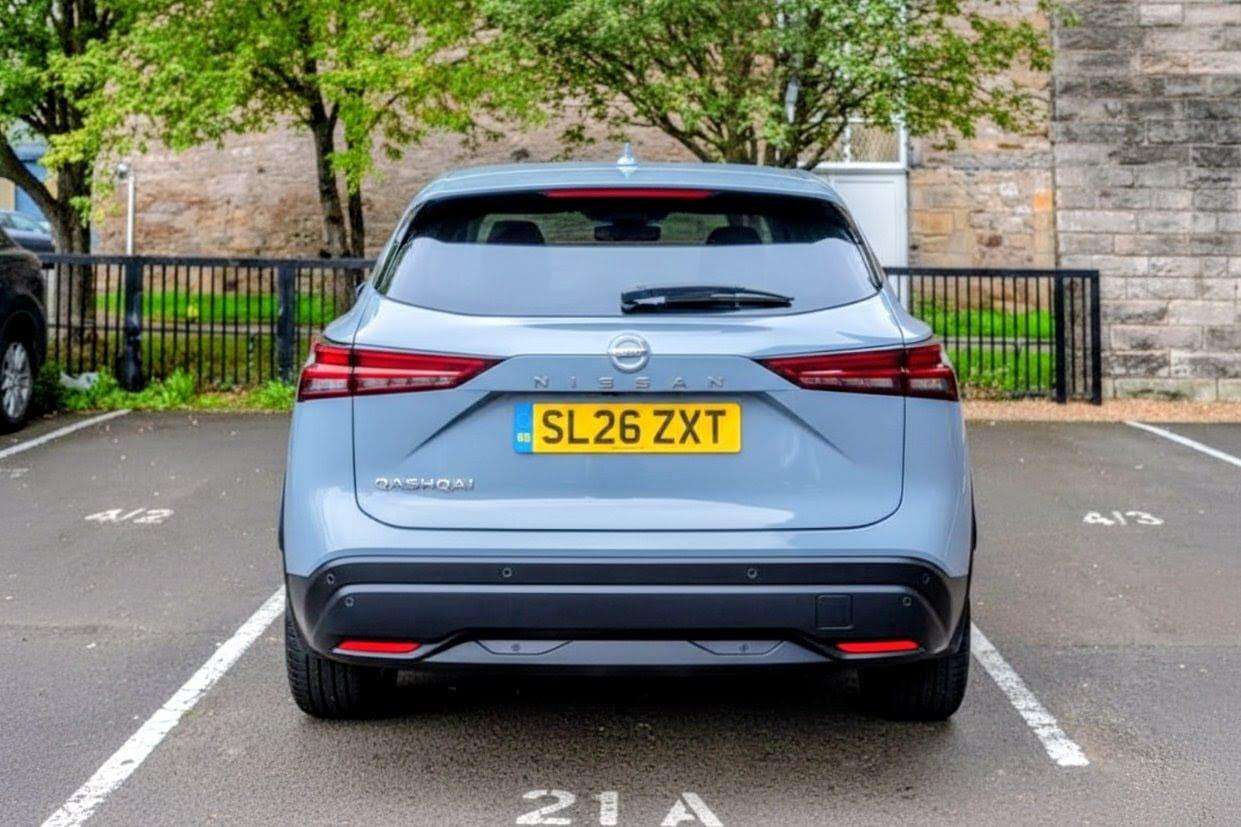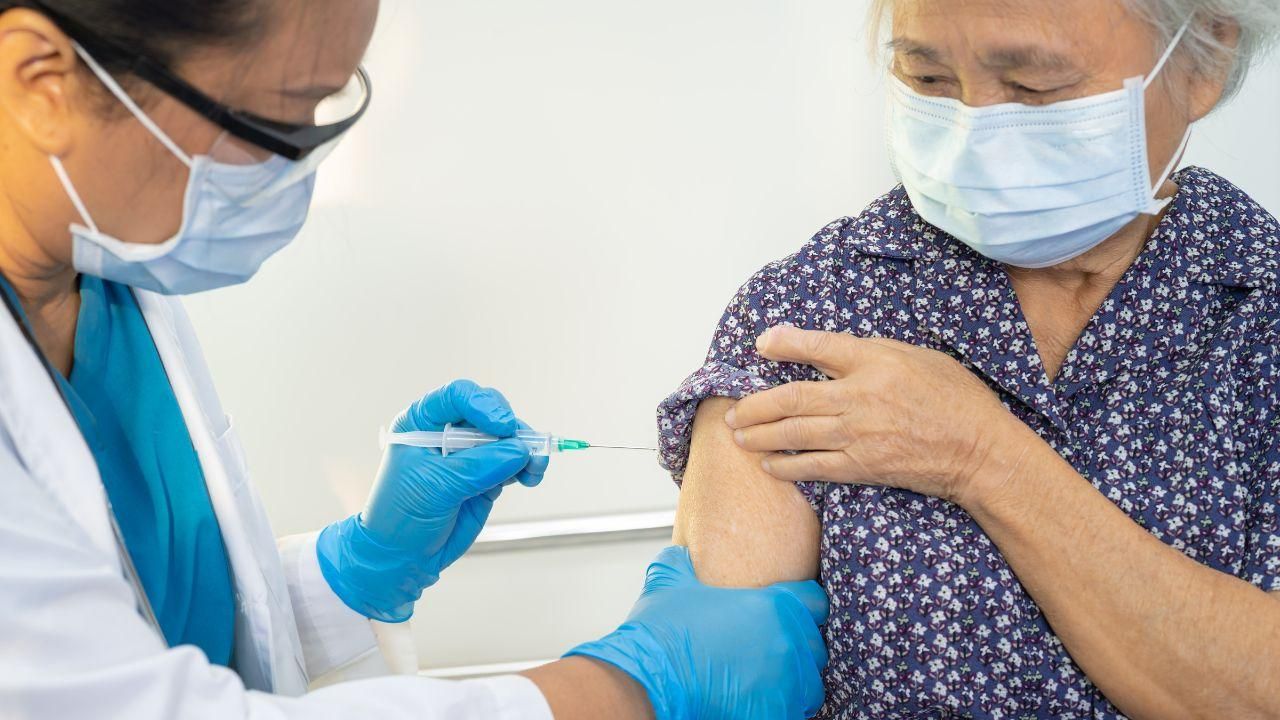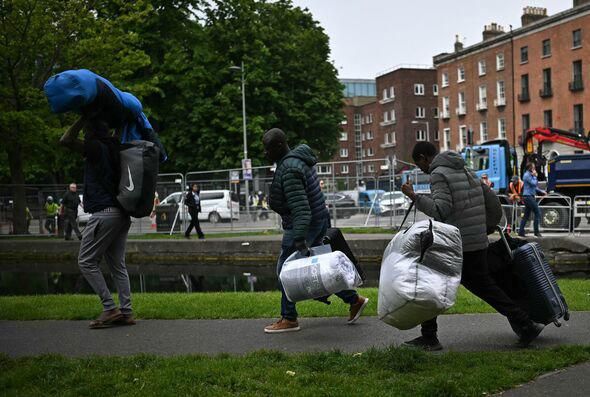Many Americans are unlikely to receive a COVID-19 booster shot this season, according to a recent survey. 60% of 9,593 American people surveyed by the Pew Research Center between October 21 and October 27 stated they would "probably not" receive an updated vaccine. However, 15% said they had already received a booster, and 24% said they probably would.
When asked why they were hesitant to get a booster, the primary reasons varied. Sixty-one percent said they felt they didn't need the shot, while 60% cited concerns over side effects. Additionally, 26% mentioned a general aversion to vaccines as a key factor, with about 20% listing these concerns as minor reasons for their decision. These findings were largely consistent across most age groups, except for those aged 65 and older. Among 18- to 29-year-olds, 62% said they probably wouldn’t get an updated vaccine, while 66% of people aged 30 to 49 and 62% of those aged 50 to 64 shared the same sentiment. The percentage dropped to 45% for those aged 65 and older.
Political affiliation also played a significant role in the decision to get a booster. Democrats were more inclined to get the vaccine, with only 37% saying they probably wouldn't, 39% expressing intent to get the shot, and 23% confirming they had already received one. Republicans, by contrast, were much less likely to get the jab. A full 81% of Republicans said they probably wouldn't get the booster, 11% said they would, and just 7% had already received one. According to the Pew Research Center, this partisan divide reflects trends observed throughout the pandemic, with Democrats generally more likely to keep up with COVID-19 vaccinations than Republicans.
The COVID-19 vaccine works by training the immune system to recognize and combat SARS-CoV-2, the virus responsible for COVID-19. The mRNA vaccines instruct cells to produce a harmless version of the virus's spike protein, prompting the immune system to generate antibodies and activate T cells to fight off infected cells. This enables the body to remember the virus and respond more effectively if exposed again, providing protection against future infections.
As of December 31, 2023, the World Health Organization (WHO) reported that 13.64 billion COVID-19 vaccine doses had been distributed globally. WHO also estimated that 67% of the world's population had received a full primary vaccination series, with 32% having received at least one booster dose. Booster shots are crucial because the SARS-CoV-2 virus mutates over time, leading to new variants with changes to the spike protein. These changes can make the virus less recognizable to the immune system, reducing the effectiveness of previous vaccines. Updated boosters are designed to target the most prevalent and concerning variants, offering improved protection.
Despite the benefits, booster uptake has been steadily declining. Pew Research Center surveys show that the percentage of Americans who received a booster within the past six months dropped from 48% in January 2022 to 38% in September 2022, and further to just 34% in May 2023. By January 2023, only 15.3% of the U.S. population had received the bivalent COVID-19 booster, according to the U.S. Centers for Disease Control and Prevention (CDC).
This decline in booster rates may be influenced by rising vaccine skepticism, fueled in part by misinformation circulating online. However, other factors may also play a role. Research published in the journal Tropical Medicine and Infectious Disease in March 2023 found that individuals with chronic health conditions, trust in vaccine effectiveness, and those over the age of 45 were more likely to accept a booster shot. Still, delays in getting the booster may expose individuals to higher risks of infection.
Another study, published in Vaccine in October 2023, revealed that many people chose not to get a booster because they had already been infected with COVID-19. Other reasons included fears of side effects, doubts about the vaccine's effectiveness, or the belief that a booster wouldn't provide additional protection. 'Our results indicate that many people don't know that a booster provides additional protection even if they have already been infected or that the effectiveness of prior boosters wanes over time due to new variants,' said Elizabeth Jacobs, an epidemiology professor at the Zuckerman College of Public Health.
As COVID-19 has become less disruptive to daily life, many people, particularly those who are young and healthy or who have already been vaccinated or infected, perceive the disease as less of a threat. After years of pandemic-related concerns, some individuals simply feel less motivated to get another shot. 'People aren't scared of this virus anymore,' said Dr. Paul Offit, director of the Vaccine Education Center at the Children's Hospital of Philadelphia, in an interview with Vox in 2023.
Want more stories like this from the Daily Mail? Hit the follow button above for more of the news you need.








.svg)


